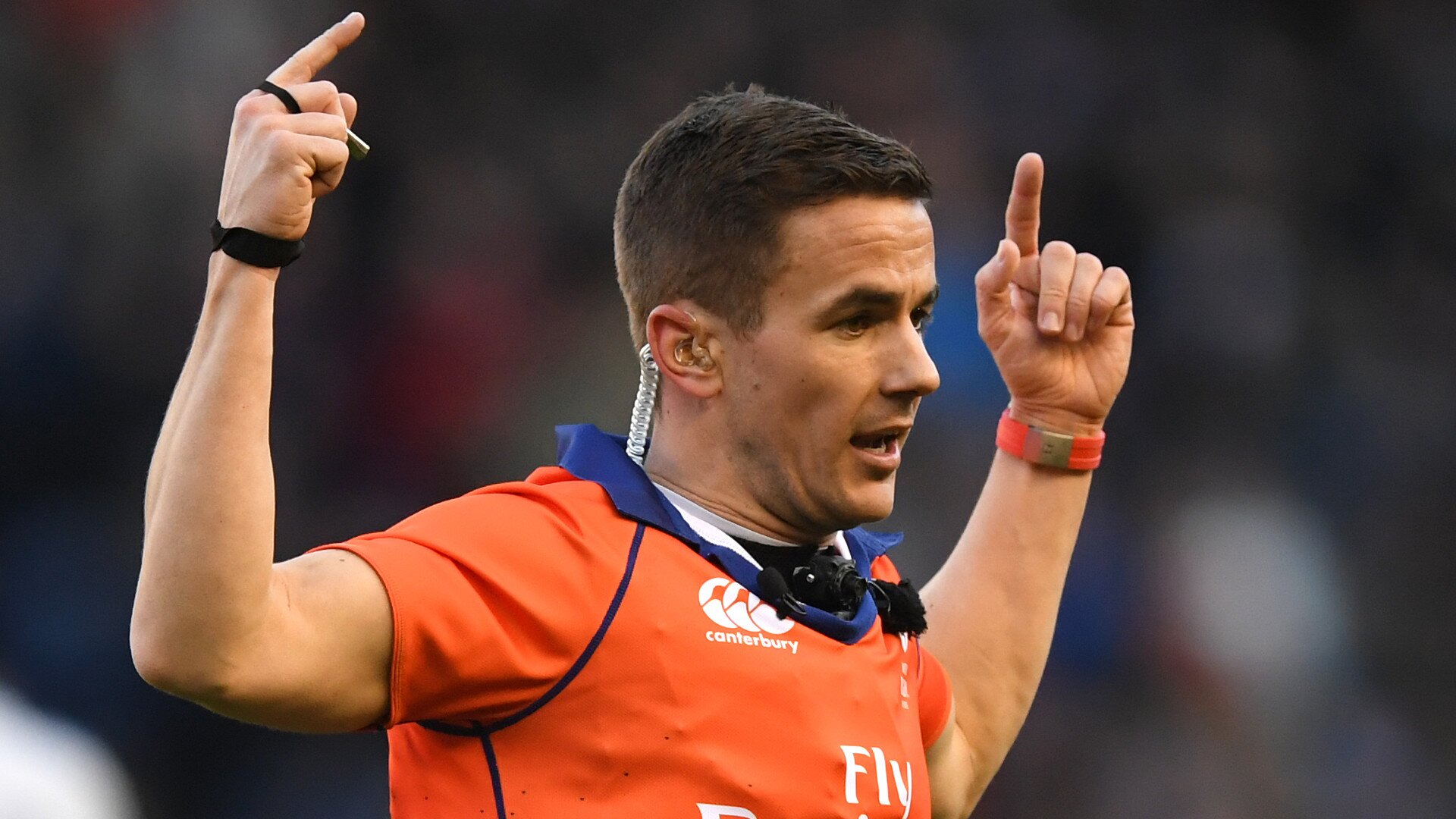The fear stalking Luke Pearce ahead of becoming the youngest ever referee for a Champions Cup final

RFU referee Luke Pearce will create history on Saturday when he takes charge of the 2021 all-French Heineken Champions Cup final at Twickenham at the age of just 33. Nobody that young has ever taken charge of this European showpiece decider before and the rising star of rugby officialdom has revealed his major concern ahead of the showdown between Toulouse and La Rochelle.
“Every time we take to the pitch for a Champions Cup game, we have to perform and there are no excuses for not doing so. Having been in the job a little while now, you know the expectation that is on you to perform and that is even more so in a final between the top two teams in the competition,” said referee Pearce at an eve-of-final EPCR round table event.
“So a lot of effort goes into it, a lot of effort goes into putting yourself in the frame to be selected for a final, but the most important part then is performing in the final and making sure that when you come off the pitch, the referee is hopefully being spoken about very little and they are all talking about what a good game (it was) and how well the two teams played in that match. So that’s the hope and that’s the aim and we’ll see how that goes on Saturday.
“I have been doing my job for eleven years now in England as a professional referee. So even though the statement is that I’m the youngest ref (for a final), it feels like I have been around a lot longer and I am sure some of the teams will say the same.
“I have been involved in different roles over the years, working with colleagues who have done many finals, and you only have to look at the list of the people and the referees who have done Heineken Cup finals, there are not many people who have done them, so to join that list is pretty special.
"Having spoken to the coaches…"
– Leyds also reveals that the @Springboks have been in touch to let him know where he stands in the pecking order ahead of the British and Irish Lions tour
— RugbyPass (@RugbyPass) May 20, 2021
“As referees, we all want to do the biggest and best games out there if possible, so when you are put into a match and selected for the final, it feels very, very good but it’s all about the performance on the Saturday and you don’t want to come off the pitch knowing that you decided the game in the wrong way.
“Refereeing is no longer is a one-man game. You need that team around you because when really big moments and complicated moments happen, you need to know that you have got the support around you to get the best possible and most understandable decision.”
"Tackle Your Feelings and the programme they want to roll out between schools and clubs is something that needs to happen on the frontline. A lot of people are struggling at the moment"
– @MurphyJohne ahead of Saturday's @TheBigRugbyRun with @NewCol_Official for @TYFIreland
— RugbyPass (@RugbyPass) May 21, 2021
























































